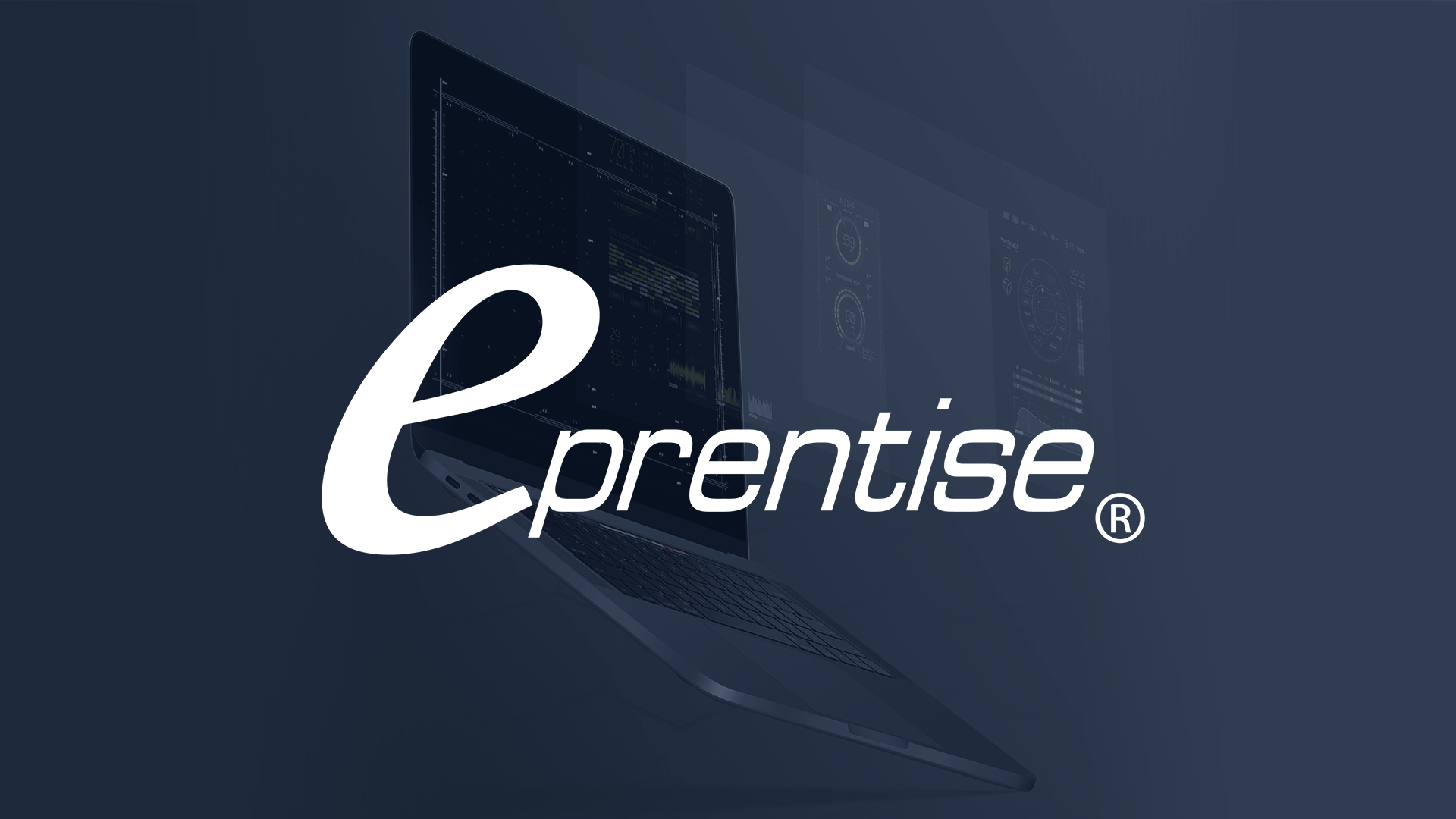Adapting to xP&A (Extended Planning and Analysis, or what we call FP&A 2.0) means more than adopting new technology. For accounting and finance teams to successfully become trusted advisors in their enterprise, they must start viewing their role in a whole new way.
Change management is essential when introducing any new technology or tool, but maybe not for the reasons that you think. In the case of xP&A, you may experience more resistance to shift from a traditional scorekeeper mindset.
However, unless the mindset shifts, creating a single source of truth and expanding the data available to finance teams won’t help them become any more valuable to the organization.
Stepping into FP&A 2.0 means reevaluating and repositioning the value proposition finance teams offer. Here’s how to help your team successfully transition into a strategic advising role.
Adopting New Skillsets for xP&A
The traditional enterprise has relied on FP&A professionals to crunch numbers and make recommendations, limiting the influence these team members have on strategy decisions.
As your enterprise modernizes—automates more manual tasks and makes data more readily available across other business units—finance and analytics professionals have a chance to share their expertise with the enterprise in a whole new way.
However, these teams may need to leverage more qualitative skills like communication and partnership to embrace their new positions.
Yes, preparing for xP&A means learning a new way of doing things, both from a mindset and technology perspective. Without fostering the right mindset with enterprise change management, your people may not see their new value within the organization and will struggle to transition to new processes.
Shifting the role of finance teams starts at the top by showing the C-Suite how finance can offer a valuable advising perspective. Meanwhile, ask your FP&A professionals these questions to help them see the mindset shift necessary to thrive moving forward:
- Are you ready to be a great communicator?
- Are you ready to collaborate with other aspects of the business?
- Are you ready to build business partnerships?
- Are you ready to be a valued advisor in the business?
Listen to how your team responds before you create a change management strategy. It’s normal to experience resistance initially. The key to creating a learning culture starts with understanding what support your team needs.
Why Do FP&A 2.0 Professionals Need Qualitative Skills?
xP&A makes one version of truth available throughout the enterprise. FP&A teams have the knowledge and experience to look at that data and make crucial financial decisions to support the business.
However, if the finance and accounting teams speak a different language from the rest of the enterprise, they can’t effectively collaborate with other business units or communicate their knowledge in a way that lands as valuable insight.
Think of it this way: there’s a centralized store in a small town, but everyone uses different currencies to buy goods. Then, when they get to the register, they speak a different language from the store owner. Accomplishing the goal—buying the goods you need—gets pretty difficult when no one’s on the same page, especially for the store owner.
If the shoppers are different business units, and the store is the enterprise, it’ll be tough to meet enterprise goals if the business units aren’t on the same page. That’s where qualitative skills like communication and partnership come in.
As finance teams adapt to spending more time advising and less time on reporting or analysis, they play a more meaningful role in defining company objectives and strategy.
What if Your People Don’t Feel Ready?
With any transition, there’s a risk of losing exceptional talent because of resistance or fear. This is how you address the most common blockers that keep finance professionals from adapting and thriving with FP&A 2.0.
“I don’t have the skills to do it.”
Some employees will balk at collaborating with new teams or adopting new technology. Many of their jobs have remained largely unchanged for years, and the expectations have been clear. It’s normal for them to have some fear of failure about expanding their skills, especially if they haven’t been encouraged to gain new skills before.
For these professionals, create training and workshops to help them strengthen their skills before the transition. These workshops could include presenting reports in a new way or practicing with the technology before rolling out.
Offer opportunities to ask questions or encourage external training resources to give them confidence in their newly developed skills and shift from a fixed to a growth mindset.
“We’ve never done it like that before.”
Your team members have provided consistent value to the enterprise for years, doing what they already know how to do. If they begin to see their quantitative skills as less necessary to do their daily work, they may push back on a new tool implementation.
Develop a change champion network in your enterprise to show that there’s widespread support for these changes. Having a very vocal key stakeholder in the C-Suite gives employees confidence that their work will still be valued, even if they’re not doing the same thing they’ve always done.
You may have to focus on shifting the overall culture in your enterprise and being transparent on how your FP&A teams’ work will be evaluated moving forward to gain buy-in.
“Am I still valuable?”
When new tools replace manual tasks, many of your team members may start to worry. It’s critical to explain their new role and responsibilities in a concrete way before the transition happens.
Many of these employees aren’t accustomed to communicating across the business or presenting insights in an advisory way. Without a to-do list full of reports to generate, they may begin to doubt the value they offer to the company.
Have leaders reiterate the value of the insights finance provides and be vocal about the business case for the changes happening with FP&A across the enterprise. Explain how the changes impact other business units, which may dismiss finance’s new role if the strategy behind it isn’t clear.
Most importantly, create strategic goals where finance is a key player and their advising value is clear long before FP&A 2.0 implementation begins.
Design an xP&A Strategy With Your People in Mind
xP&A involves a fundamental shift in how everyone in your enterprise looks at the role of finance and accounting. However, that shift doesn’t happen automatically. Preparing your enterprise for FP&A 2.0 involves clearly communicating the new advising role finance plays in the organization, which may involve more change management than you expect.
Get the help you need in your corner. Start your shift to FP&A 2.0 with Collectiv’s FP&A Visioning Program. We’ll help you create a roadmap that creates a seamless transition into a stronger, data-driven enterprise.



























